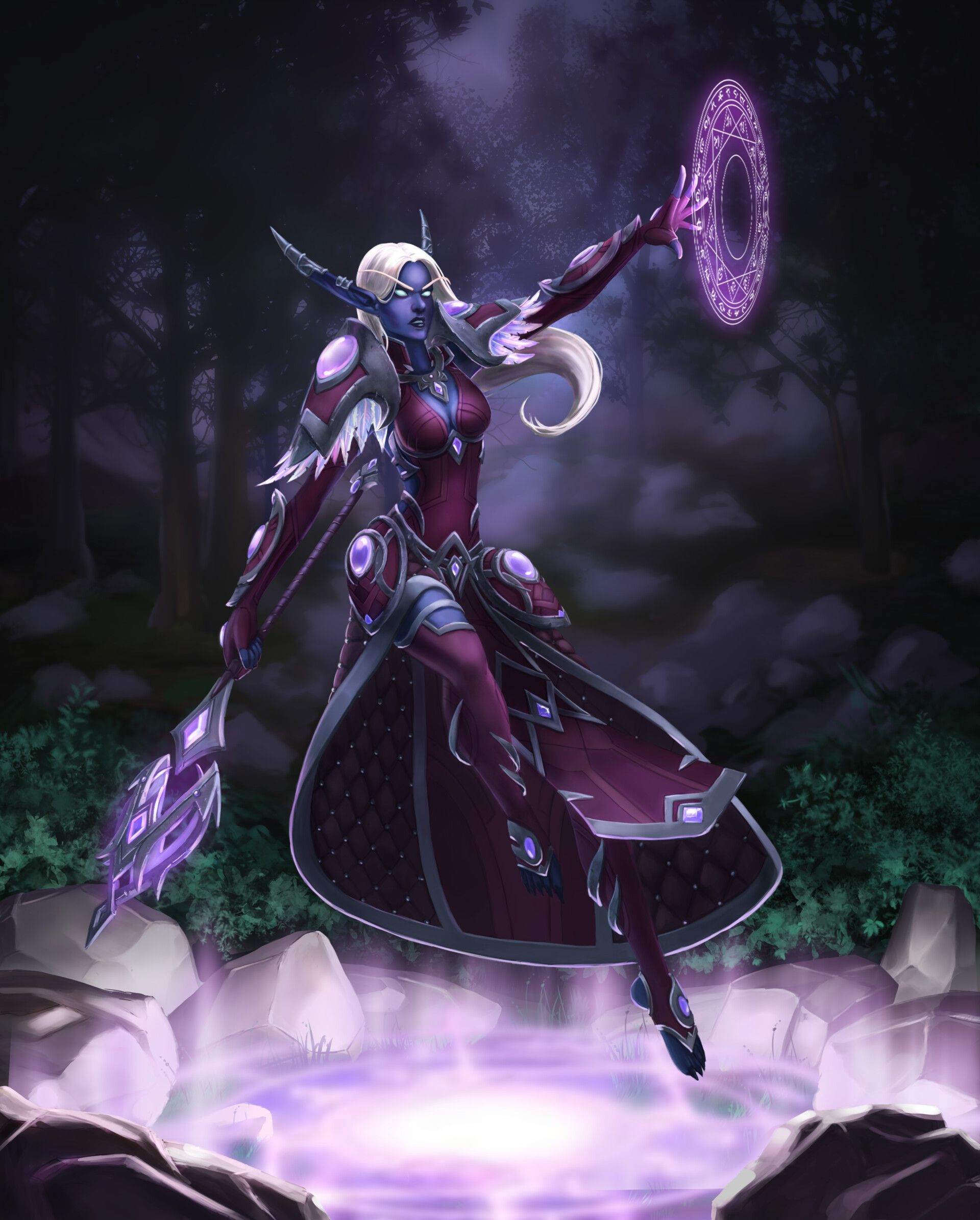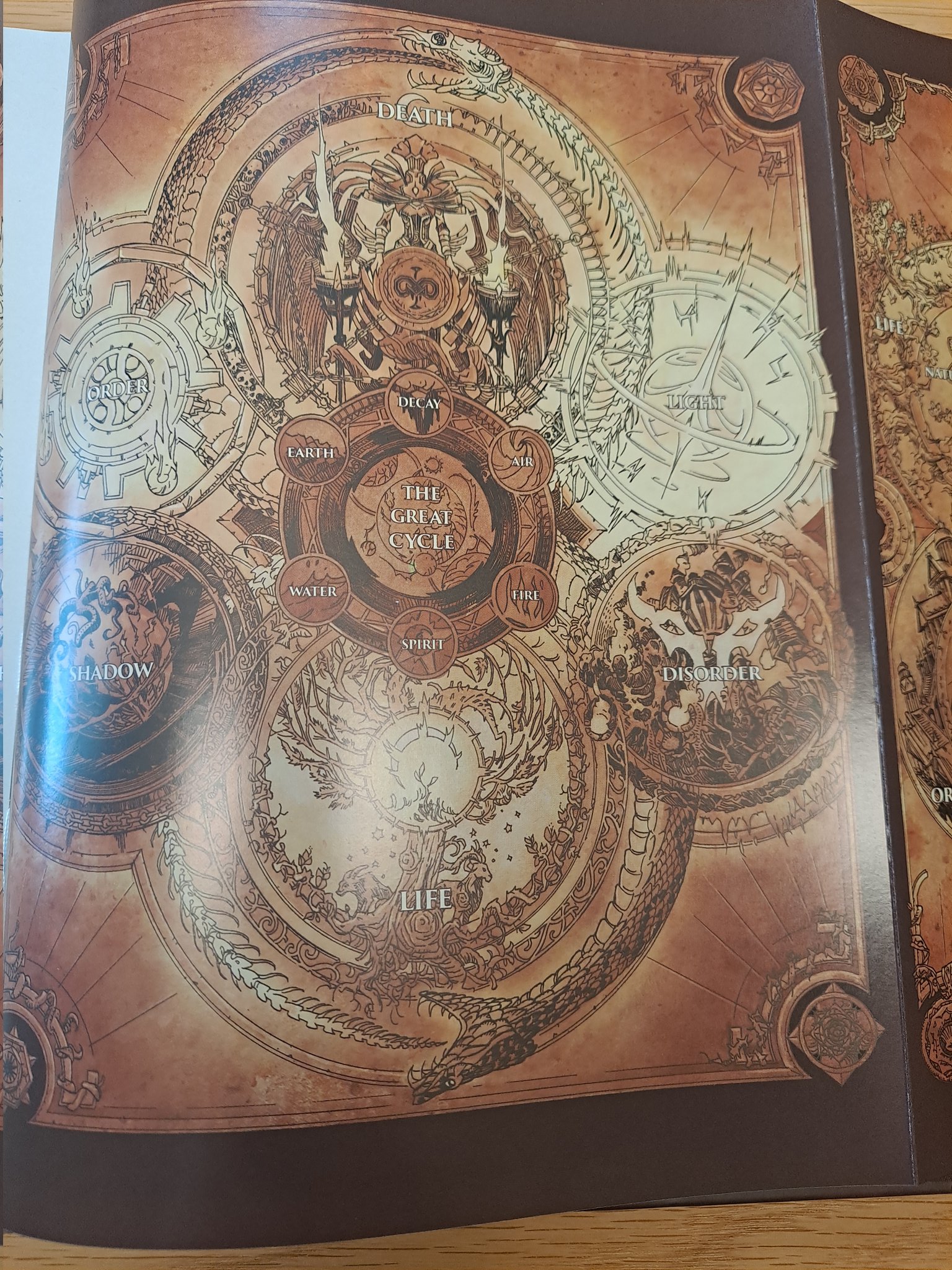The Art and Technique of Street Photography
Street photography is a genre that has captivated many with its raw, candid moments that often go unnoticed in the hustle and bustle of daily life. As a photographer who has journeyed through diverse landscapes, from the secretive streets of North Korea to vibrant weddings, I’ve developed an appreciation for capturing the essence of a moment. Today, I want to delve into the technical side of street photography, sharing insights from my experiences and the gear that helps me tell stories through my lens.
Understanding Street Photography
At its core, street photography is about documenting everyday life and society on the streets. It captures spontaneous, often unplanned moments that tell a story, provoke a thought, or simply preserve a piece of human history. The beauty of street photography lies in its ability to capture the ordinary in an extraordinary way.
Choosing the Right Equipment
When it comes to gear, I have a preference for equipment that is lightweight, reliable, and allows for quick shooting. Over the years, my inclination towards Canon cameras has grown, not just for their ergonomic design but also for their color science and image quality. However, the choice of camera and lens is deeply personal and should align with your style and needs.
- Camera: A mirrorless or DSLR camera that offers a fast autofocus system and high ISO performance is ideal. The Canon EOS R series, for example, provides both, making it an excellent choice for street photography.
- Lens: Prime lenses with wide apertures (e.g., f/1.8 or f/2.8) are preferred for their ability to work in different lighting conditions and create a shallow depth of field. A 35mm or 50mm lens strikes a good balance between wide and portrait perspectives.
<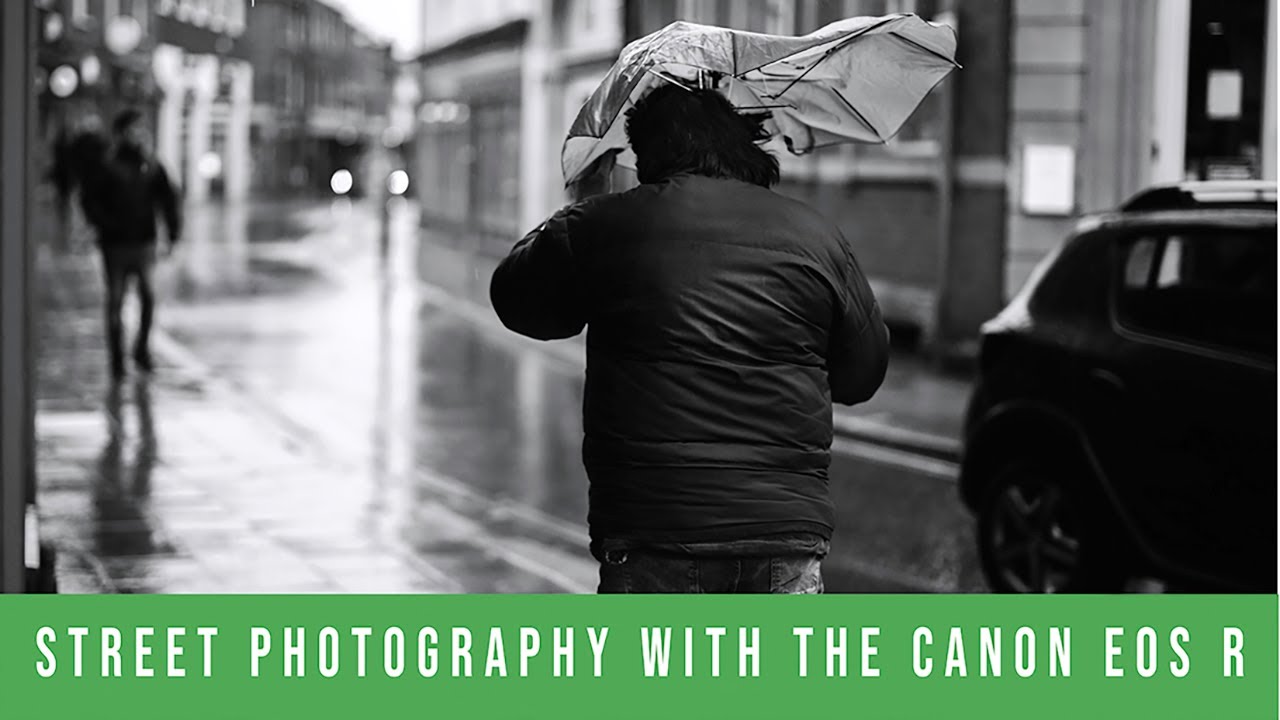 >
>
Technical Settings and Techniques
To thrive in the unpredictable environment of street photography, mastering your camera’s settings is crucial. Here are some tips to get you started:
- Aperture Priority Mode: This mode allows you to control the depth of field while the camera adjusts the shutter speed accordingly. A wider aperture (lower f-number) is great for isolating subjects and shooting in low light.
- High ISO: Don’t be afraid to increase your ISO, especially in low light conditions. Modern cameras handle noise remarkably well at higher ISO levels.
- Shutter Speed: Ensure your shutter speed is fast enough to freeze motion. A good rule of thumb is to have a shutter speed at least equal to the reciprocal of the focal length of your lens.
Composition and Storytelling
Composition is the backbone of photography, and street photography is no exception. The best images are those that not only capture a moment but also tell a story or evoke emotion. The rule of thirds, leading lines, and framing are all powerful compositional tools. However, don’t get too caught up in rules; sometimes, breaking them can lead to the most memorable shots.
Being a part of an amateur astronomy group has taught me to observe and appreciate the smaller details in the vastness of the universe. Similarly, in street photography, keeping an eye out for subtle interactions, interesting patterns, or unique shadows can elevate your images.
<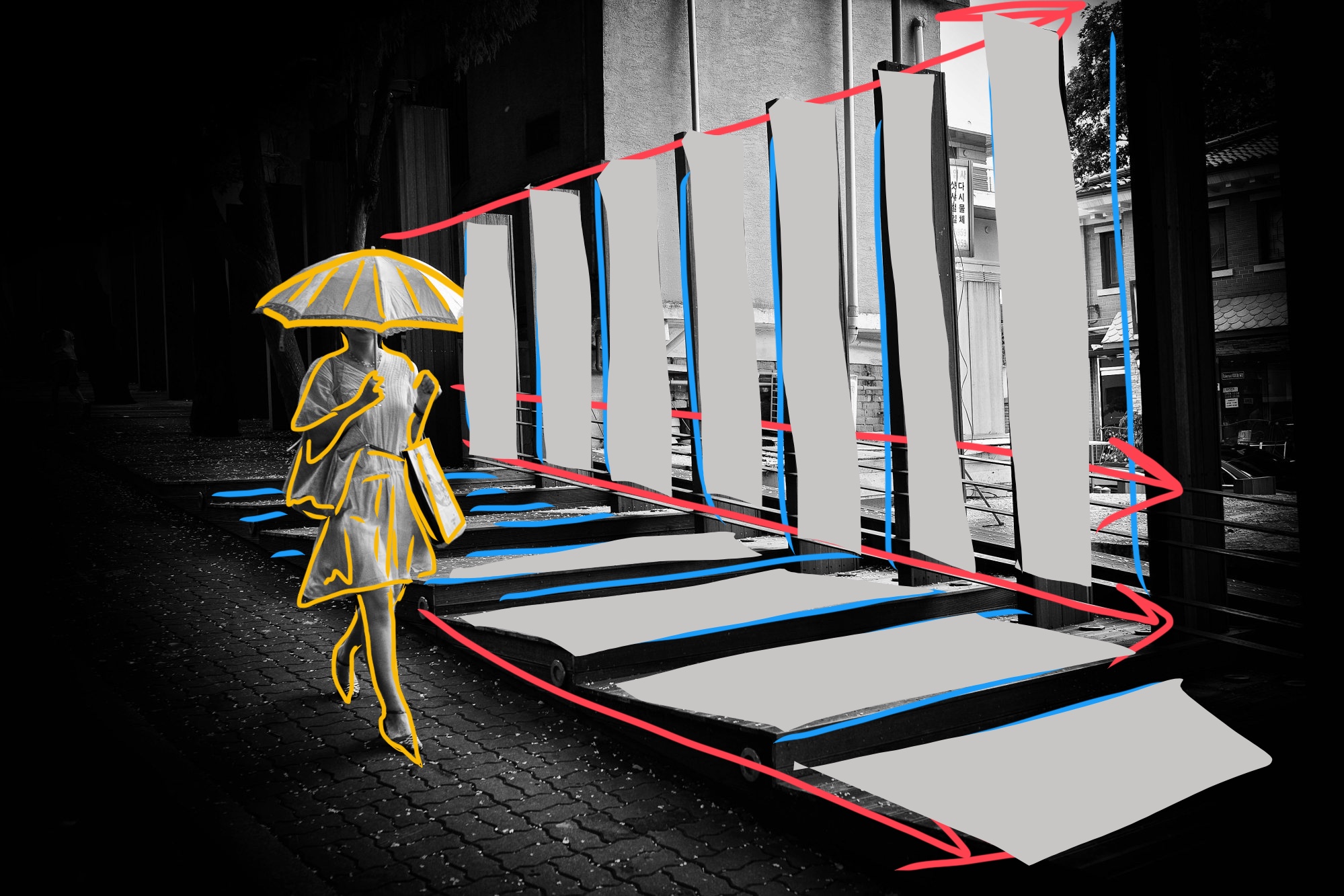 >
>
The Ethical Dimension
Street photography often involves capturing strangers without their explicit consent, which can raise ethical concerns. It’s important to approach this genre with sensitivity and respect. If someone is visibly uncomfortable being photographed, it’s respectful to move on. Remember, the goal is to capture life, not to intrude on it.
Conclusion
Street photography is more than just taking photographs in urban settings; it’s a way to document human society through candid, spontaneous moments. By understanding the technical aspects, choosing the right equipment, and approaching the genre with respect and curiosity, anyone can explore the fascinating world of street photography. My journey through various countries and cultures has not only enriched my portfolio but has also deepened my understanding of humanity. Whether you’re wandering the streets of a bustling city or a quiet neighborhood, remember, every moment has a story waiting to be captured.
<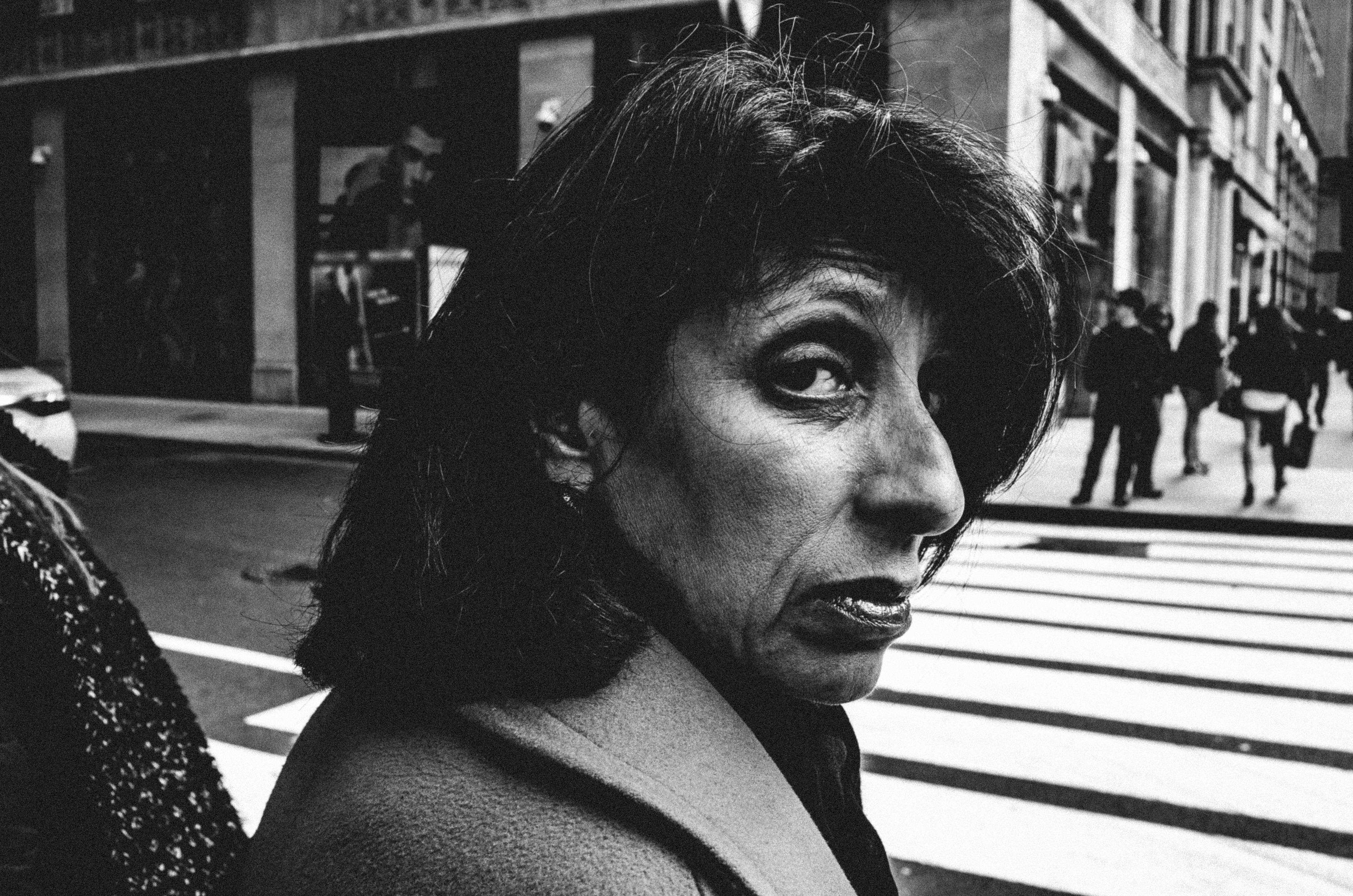 >
>
For more insights and tips on photography, feel free to explore my personal journeys and projects on Stony Studio.
